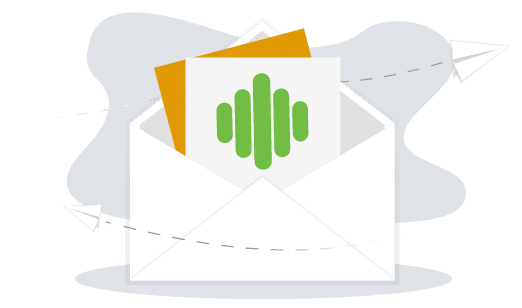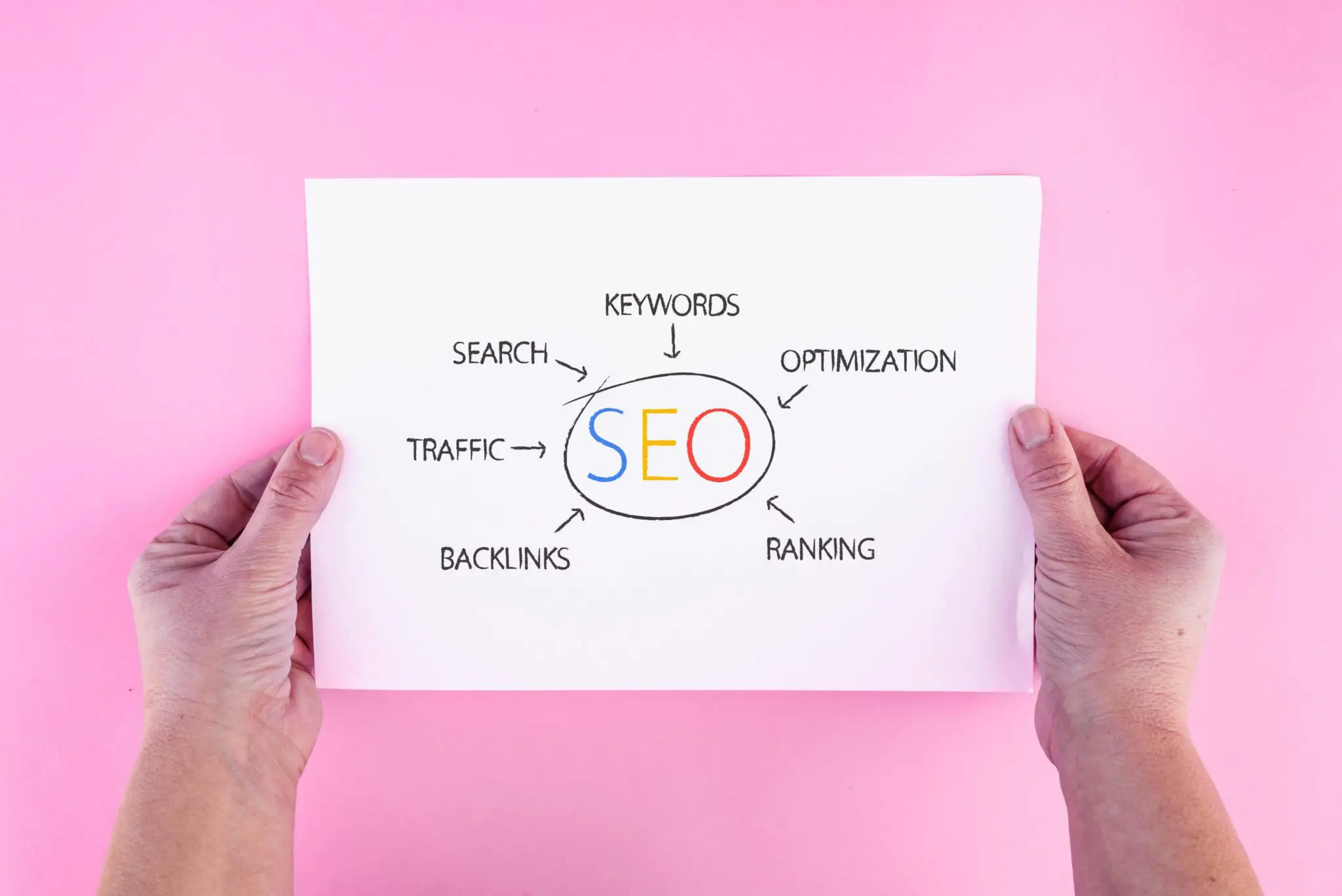In today’s digital landscape, a well-designed and functional website is more than just a virtual storefront—it’s a critical component of your business strategy. As an agency dedicated to crafting high-quality web solutions, we’ve seen firsthand how investing in a robust website can propel a business forward. Unfortunately, we’ve also witnessed the pitfalls of opting for cheaper alternatives. We’d like to share a recent experience that highlights why cutting corners can end up costing more in the long run and offer some advice to help you make informed decisions about your web projects.
The Initial Consultation: Quality Meets Budget Constraints
A potential client approached us with the goal of developing a new website to enhance their online presence and drive conversions. Excited about the project, we conducted a thorough assessment to understand their needs fully. We scoped out the project meticulously, itemizing the hours and effort required to deliver a website that met their objectives and adhered to best practices in UI/UX design.
However, when we presented our proposal, the client was taken aback by the cost. They had a preconceived notion of what the price should be, which didn’t align with the scope and quality we outlined. Despite our efforts to explain the long-term value of investing in a quality website, the client decided to go with another company that quoted a lower price.
The Aftermath: When Cheaper Isn’t Better
A year later, the same client returned to us. They had a just completed their aforementioned website and were seeking support, maintenance, and help with their digital marketing efforts. What would have taken Loud Canvas web development team only a few months, ended up taking a year when in the hands of a unskilled developer. Upon migrating the site to our servers, we began to uncover a series of issues:
- Performance Problems: The website was riddled with errors that caused slow load times, frustrated users and negatively impacting search engine rankings.
- Plugin Incompatibilities: Several plugins were outdated or not compatible with each other, leading to functionality issues and potential security vulnerabilities.
- Subpar UI/UX Design: The site’s design did not follow best practices, resulting in a confusing user experience that likely hindered conversions.
It became clear that the site was not built to the standards we uphold, and these shortcomings were affecting the client’s business.
The Solution: Repairing and Enhancing the Website
To address these issues, we needed to undertake significant repairs and improvements:
- Code Optimization: We fixed numerous coding errors to enhance site functionality and speed.
- Plugin Overhaul: Incompatible and outdated plugins were replaced with reliable alternatives that met the site’s needs.
- UI/UX Redesign: We revamped the user interface and experience to align with industry best practices, improving navigation and overall user satisfaction.
These efforts required substantial time and resources. Ironically, the cost of fixing and improving the website ended up exceeding what our original proposal would have been.
Lessons Learned: Investing Wisely in Your Website
This experience underscores a vital lesson: opting for the lowest bidder can lead to higher costs down the road. Here are some takeaways and advice for businesses considering a web project:
1. Value Over Price
While budget is important, consider the value you’re getting for your investment. A higher upfront cost can save you money later by reducing the need for extensive repairs or redesigns. Additionally, it can save you from potentially losing clients. When clients visit a website and it’s slow and underperforming, they will leave within a couple of seconds.
2. Transparency Matters
Choose an agency that provides a detailed scope of work with itemized costs. Transparency helps you understand exactly what you’re paying for and sets clear expectations.
3. Prioritize Quality UI/UX
A website is more than just its appearance; it’s about how users interact with it. Good UI/UX design is crucial for user satisfaction and conversion rates.
4. Think Long-Term
Consider the long-term implications of your choices. A well-built website can adapt and scale with your business, while a poorly constructed one may become obsolete quickly.
5. Seek Expertise
Work with professionals who have a proven track record. Experienced agencies can provide insights and recommendations that less experienced providers might overlook.
Conclusion: Making Informed Decisions for Success
Investing in a quality website is an investment in your business’s future. While it’s tempting to choose a lower-cost option, it’s important to consider the potential hidden costs and headaches that might arise. By partnering with an experienced agency and focusing on long-term value, you can create a website that not only meets your current needs but also supports your business’s growth for years to come.
Ready to invest in a website that delivers real value? Contact us today to discuss how we can help you achieve your digital goals.




